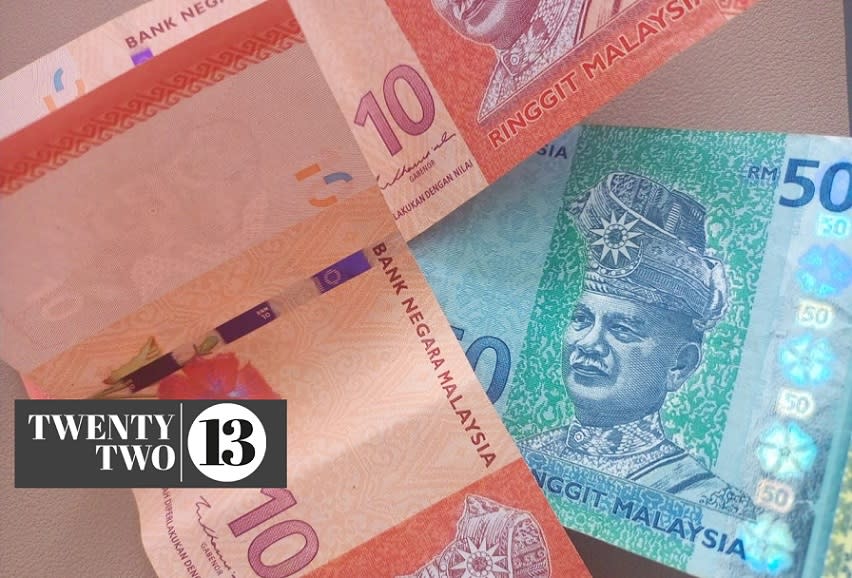Why the ringgit’s continuous depreciation demands govt’s attention

Currency, just like other financial assets, trades as a commodity, with exchange rates fluctuating based on supply and demand equilibrium.
The Efficient Market Hypothesis (EMH), pioneered by Eugene Fama and awarded the Nobel Prize in 2013, elucidates the dynamics of exchange rates.
According to EMH, markets are efficient when all available information is reflected in prices, assuming easy access to information and rational behaviour among market participants. This theory posits that various factors, including social and political events, can influence prices.
Currency exchange affects exports, imports, and prices of goods and services. An increase in the exchange rate, for instance, raises the cost of imports while potentially boosting export revenues, and vice versa.
However, predictability and controlled volatility in exchange rates mitigate concerns regarding their impact on businesses. Excessive volatility can disrupt pricing strategies and lead to significant economic repercussions.
Unfortunately, the Malaysian ringgit has experienced a decade-long trend of increasing exchange rates against the US dollar, posing challenges to the economy.
The ringgit has shown consistent growth since 2014, with a 55 per cent variation between its highs and lows. Similarly, the Indonesian rupiah exhibits comparable volatility, while the Thai baht’s fluctuations are less severe. In contrast, the Singapore dollar maintains stability with a 20 per cent volatility rate against the US dollar.
Gross Domestic Product (GDP) serves as a vital economic indicator, reflecting a country’s total production of goods and services over a specified period. Malaysia’s GDP growth parallels that of Singapore’s from 2015 to 2022, while Indonesia outpaces both. Despite consistent GDP growth across the ASEAN region since 2015, the EMH underscores that other factors influence exchange rates beyond GDP alone.
Singapore leads with the highest government debt-to-GDP ratio at 167 per cent, trailed by Malaysia and Thailand at 60 per cent each, and Indonesia at 40 per cent. Despite this, Singapore maintains AAA ratings from both Standard & Poor’s and DBRS, while Malaysia holds an A- rating, Thailand a BBB+, and Indonesia a BBB. Transparency International’s rankings place Singapore fifth as the least corrupt country, with Malaysia at 57th, Thailand at 108th, and Indonesia at 115th.
Currency exchange is influenced by various factors beyond economics. While central banks can intervene in markets temporarily, sustained impact requires strong economic, political, and ethical fundamentals. Effective interventions rely on productive businesses, robust governance, and public trust in the government’s ability to foster economic growth while upholding justice and order. Widespread corruption and political instability increase business costs, reflecting negatively on currency values.
In today’s interconnected world, information dissemination is rapid, affecting currency values based on economic and governance indicators. The intricate relationship between politics and economics underscores the necessity of competent governance. Currency fluctuations, driven by market dynamics, are normal, but the continuous depreciation of the ringgit demands attention.
Strengthening the economy, fostering ethical business practices, and ensuring effective governance are essential to bolstering the ringgit’s value.
Dr Azian Madun is a senior lecturer at the Department of Syariah and Management, Academy of Islamic Studies, Universiti Malaya.
The views expressed here are the personal opinion of the writer and do not necessarily represent that of Twentytwo13.
The post Why the ringgit’s continuous depreciation demands govt’s attention appeared first on Twentytwo13.


